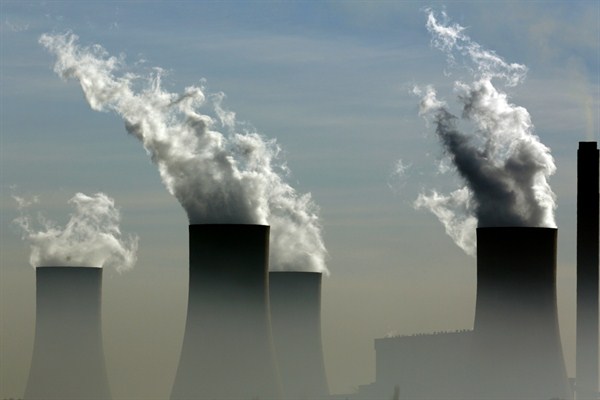The latest United Nations climate talks held in Poland in December produced surprising progress toward developing the rulebook governing the Paris climate agreement. International negotiators added teeth to the accord by crafting a detailed system to catalogue national emissions, requiring new benchmarks for measuring and forecasting emissions, and mandating public multilateral and technical assessments. Nations will now have to uniformly track their emissions progress and expectations, with scrutiny from other governments and independent experts.
But the next obstacle to climate action will be harder to overcome. There is no existing international financial institution capable of mobilizing enough money to finance national climate plans made under the Paris agreement. The U.N. should build on the momentum from Poland by creating a climate development bank to fill the gap.
While money is not the only factor in combating climate change, it is a large part of the equation. According to the latest U.N. Intergovernmental Panel on Climate Change report, the world must invest a collective $2.4 trillion annually in clean energy systems until 2035—and even more after that—to hold global warming below catastrophic levels. However, current investments stand at just $1.7 trillion annually, most of which is still directed toward dirty fossil fuels. Unless countries band together to make the necessary investments, the world will suffer great human and economic costs: hundreds of millions of people reduced to poverty because of climate change, desertification of 20 percent of all land, and up to $20 trillion knocked off of global GDP.

